Chapter 1
The Young Mechanic
Henry Ford was born July 30, 1863, on the Dearborn, Michigan, farm that was owned by his parents, William and Mary Ford. The couple had five more children over the next ten years: John, Margaret, Jane, William Jr., and Robert.
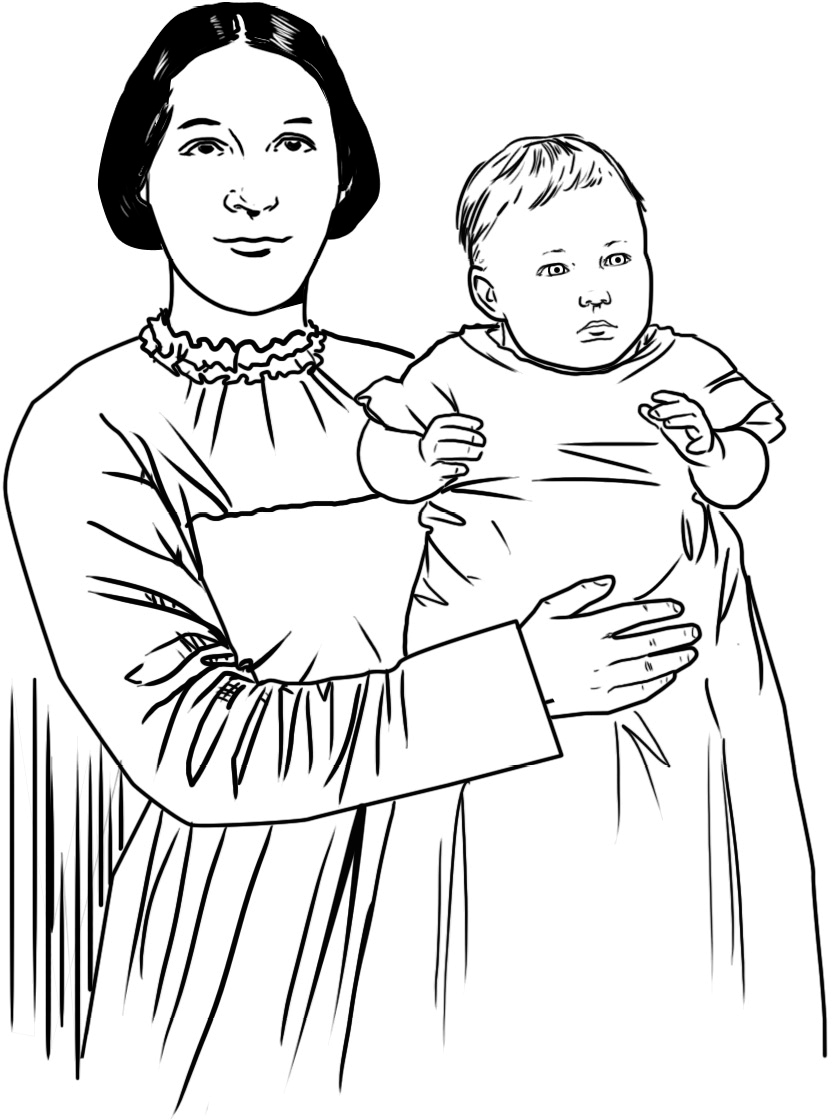
As a boy, Henry went to a one-room schoolhouse. There he showed an early interest in practical jokes. He was also good at solving math problems in his head. But Henry’s greatest love was studying mechanical objects. When Henry was seven, a worker on the family farm took apart his watch to show the boy how it ran. Henry immediately began to learn everything he could about watches. He made his own tools from bits of metal he found around the house and explored the inside of any watch he could find.
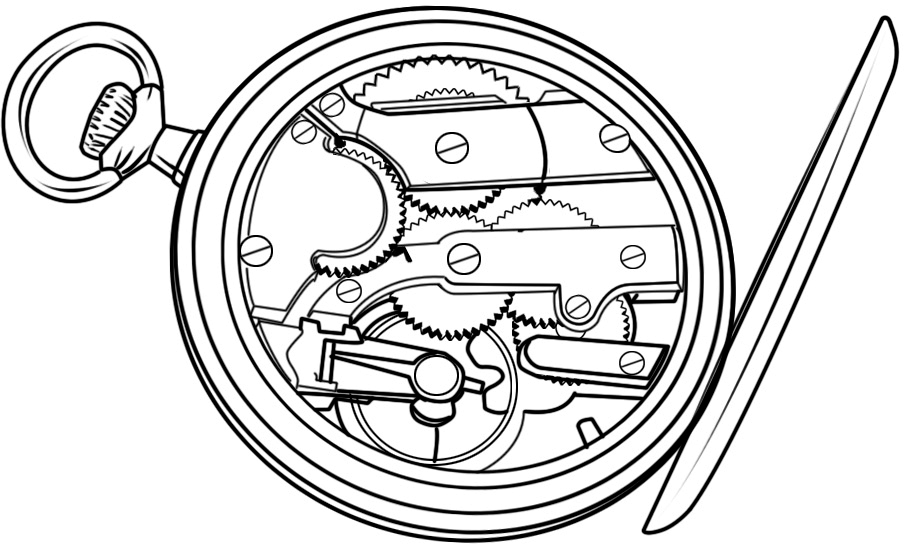
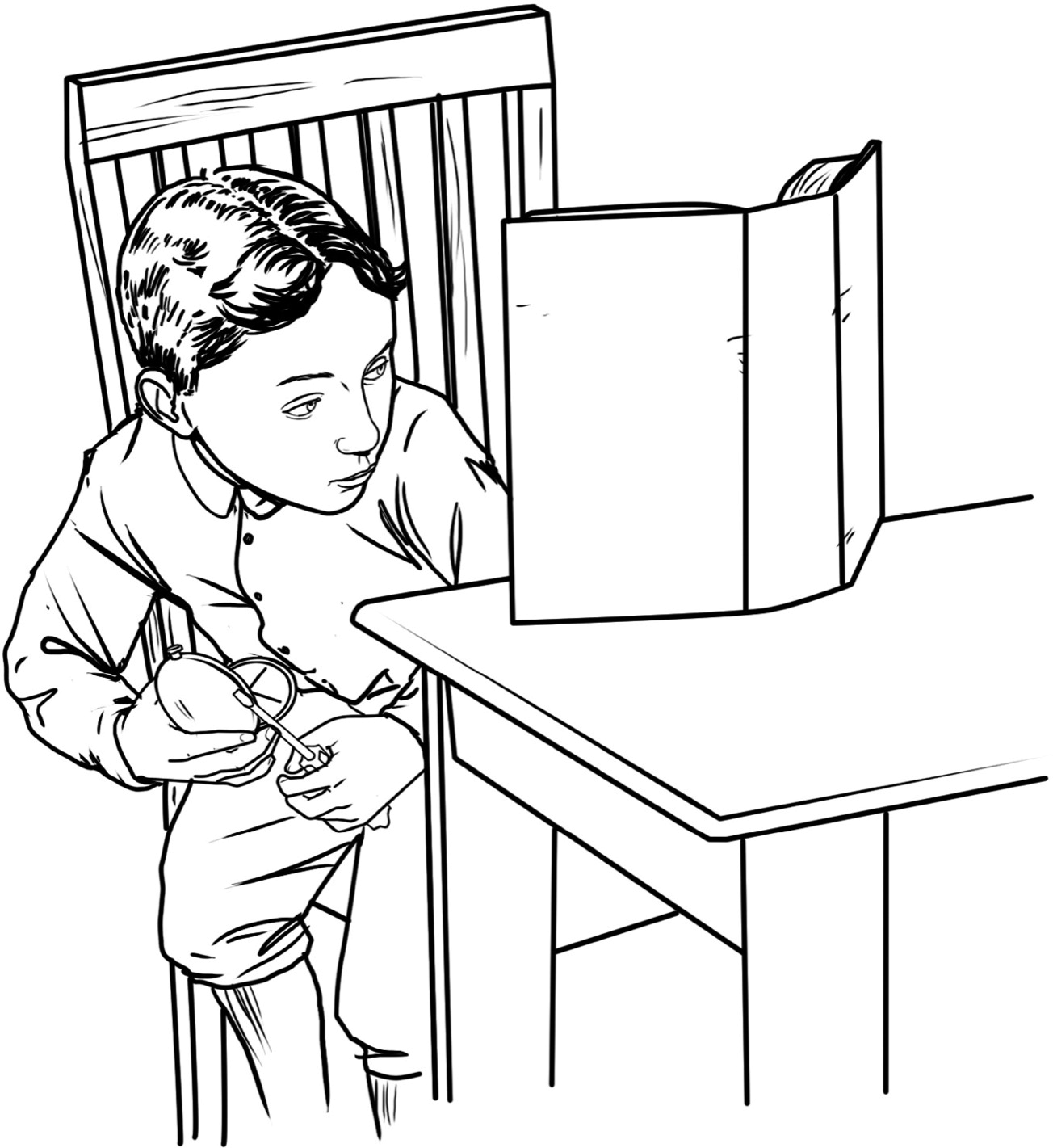
By this time, he had taught himself how to repair broken watches. During school, he sometimes worked on his classmates’ watches, hiding them behind a textbook as the other students worked on their lessons. At home, Henry also loved to take apart wind-up toys. His younger brothers and sisters fought to keep their toys away from Henry. To Henry, toys were just “practice”—tiny machines to open up and study.
Henry’s fascination with machines only grew. On trips to nearby Detroit with his father, Henry had seen steam engines on trains. A common source of power for machines of the day, steam engines burned coal or wood in a boiler to heat water until it created steam. The power of the expanding steam, held in a metal container called a cylinder, was then used to move some piece of machinery, like the wheels of a train. Steam trains could carry people long distances, but for most local travel, people relied on horses—or their own feet.
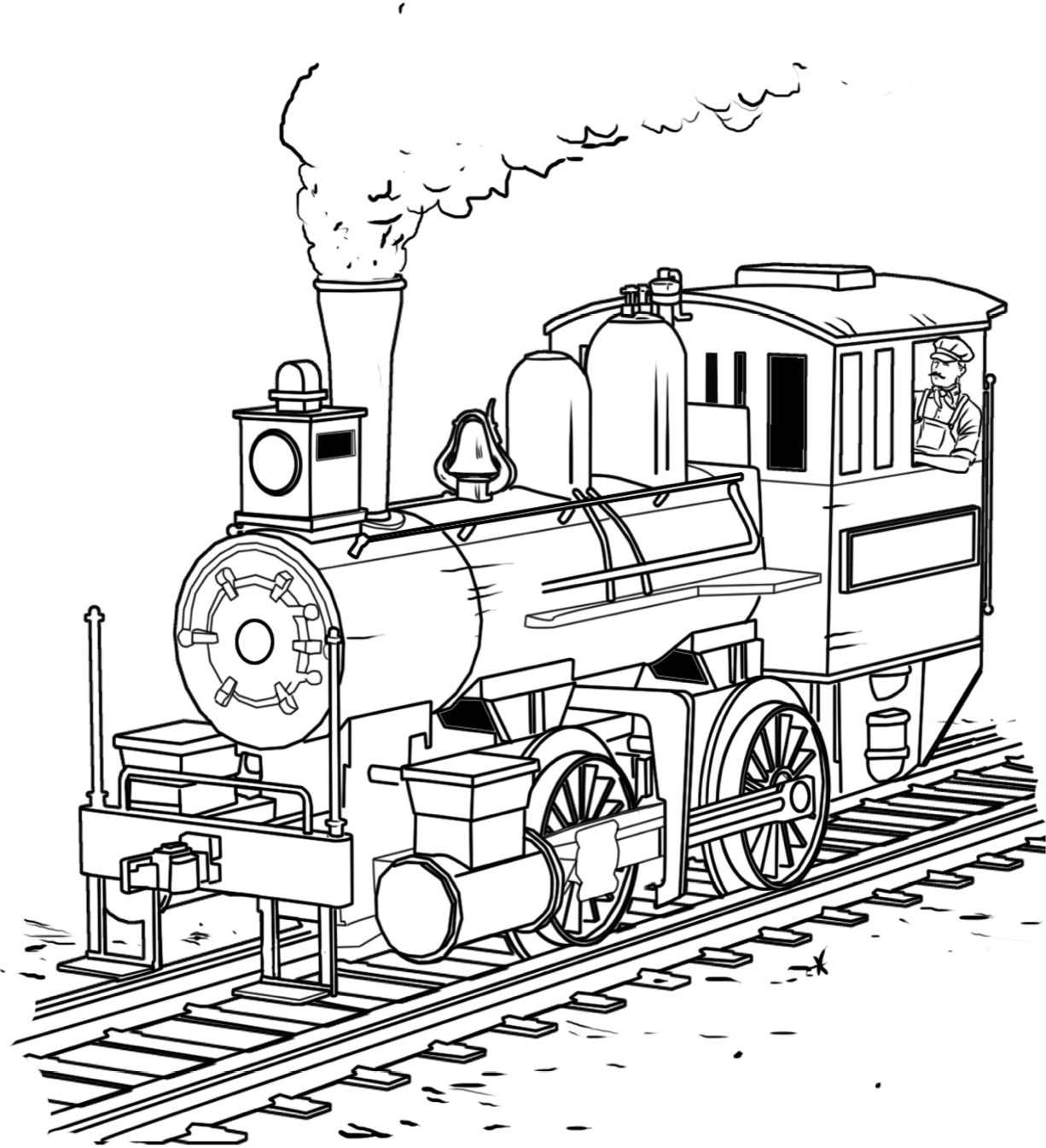
Back in Dearborn, Henry carried out a small experiment. With some friends, he built a miniature steam engine, but the device exploded, burning down a nearby fence. Mr. Ford didn’t punish his son—he just told him to be more careful in the future. From then on, William let his son use a small shack on the farm as his workshop.

When Henry was twelve, the Ford family suffered a great loss. Mrs. Ford died shortly after giving birth to her seventh child. Sadly, the baby died, too. Henry later wrote, “I thought a great wrong had been done to me when my mother was taken.” Henry always remembered his mother Mary as a loving and kind person. She taught him lessons that he remembered throughout his life—especially the importance of always working hard.
Just a few months later, Henry’s life changed forever when he and his father took another trip to Detroit in July 1876. It was on this trip that Henry saw a self-powered road engine for the first time. The experience convinced him that he should be a mechanic and an inventor.
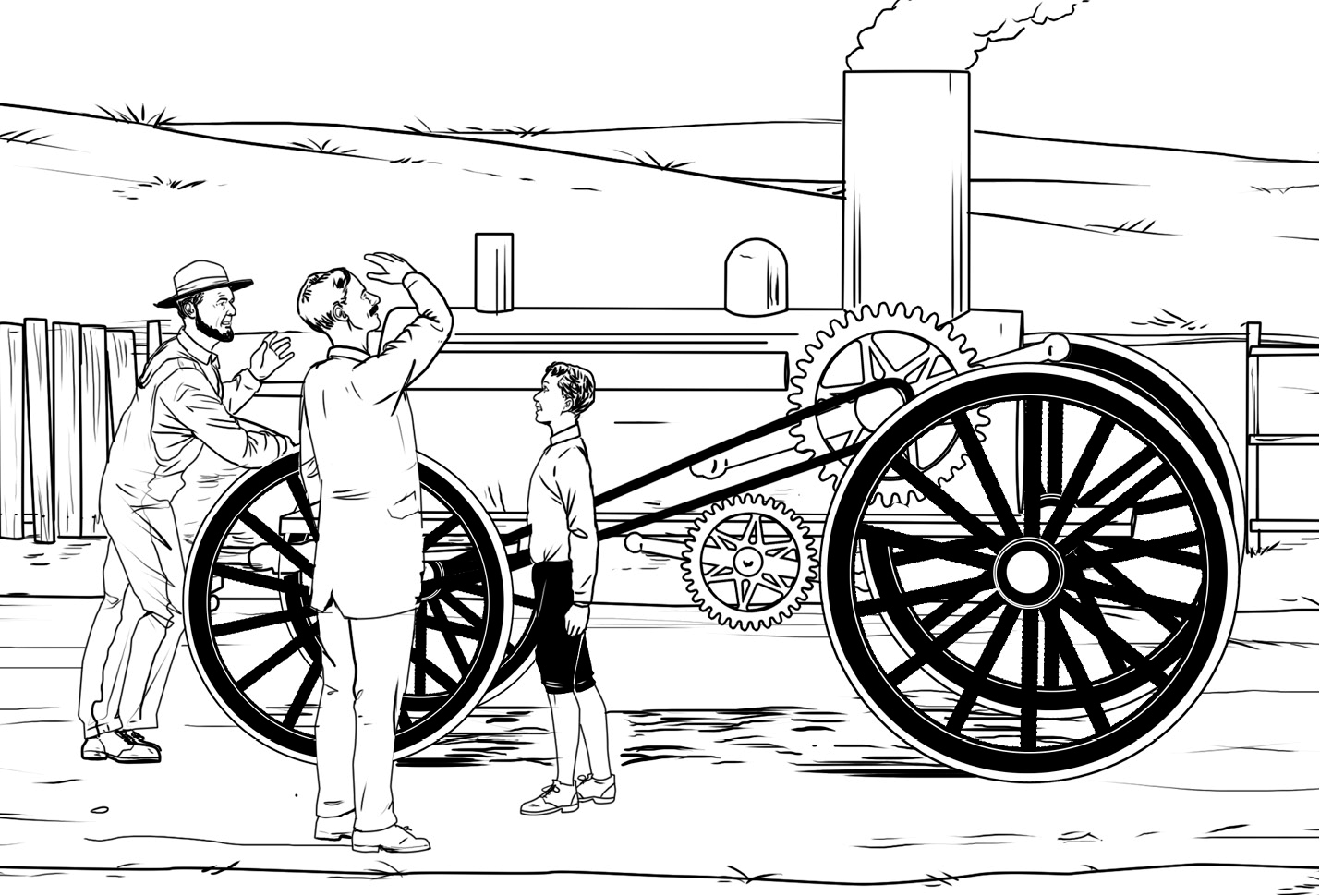
The life of a farmer was definitely not for Henry. To him, hauling firewood and plowing the fields was boring, tiresome work. So in 1879, when he was sixteen, Henry left school and Dearborn and moved to Detroit. He wanted to learn more about engines and manufacturing. With that knowledge, he could fulfill his dream of building a self-powered vehicle.